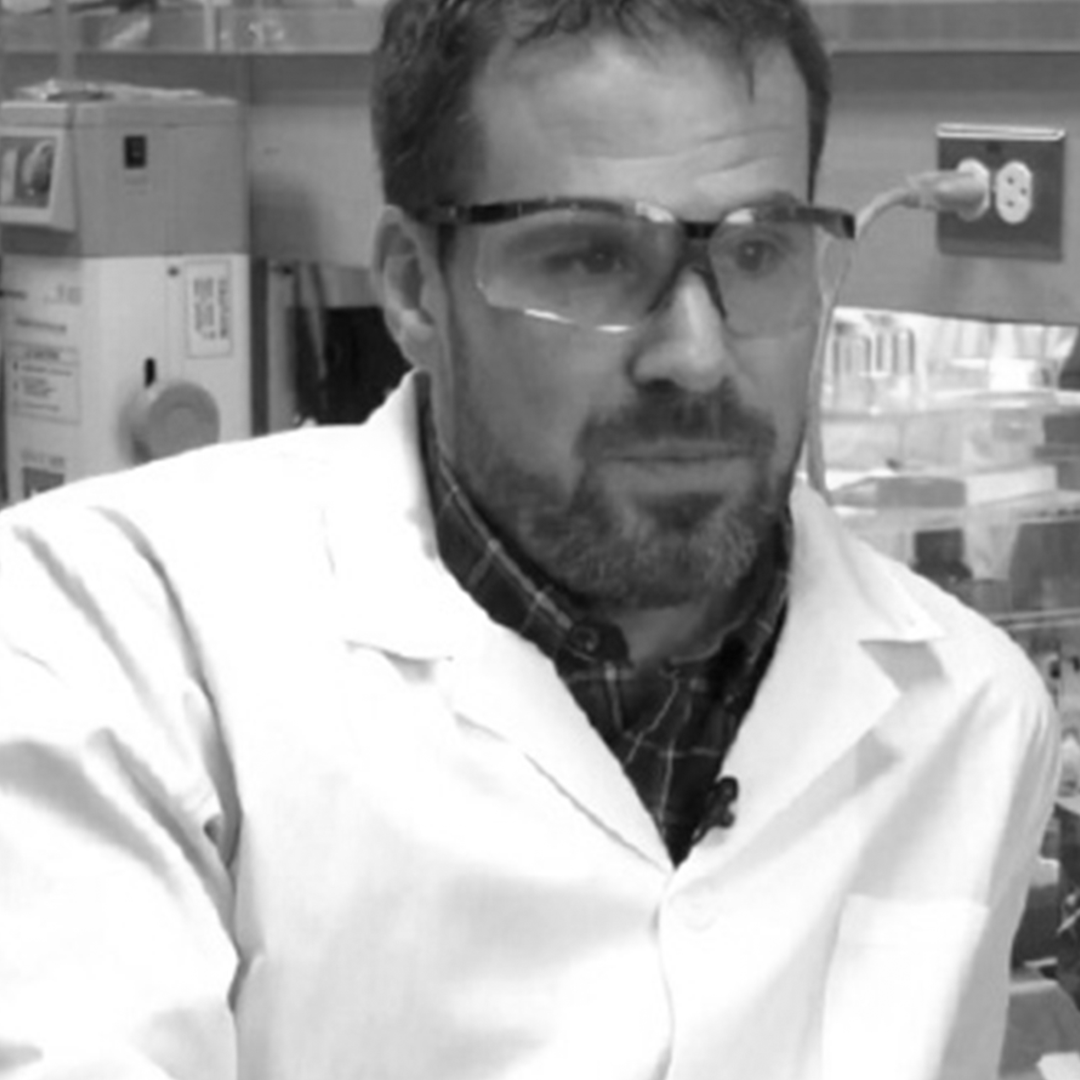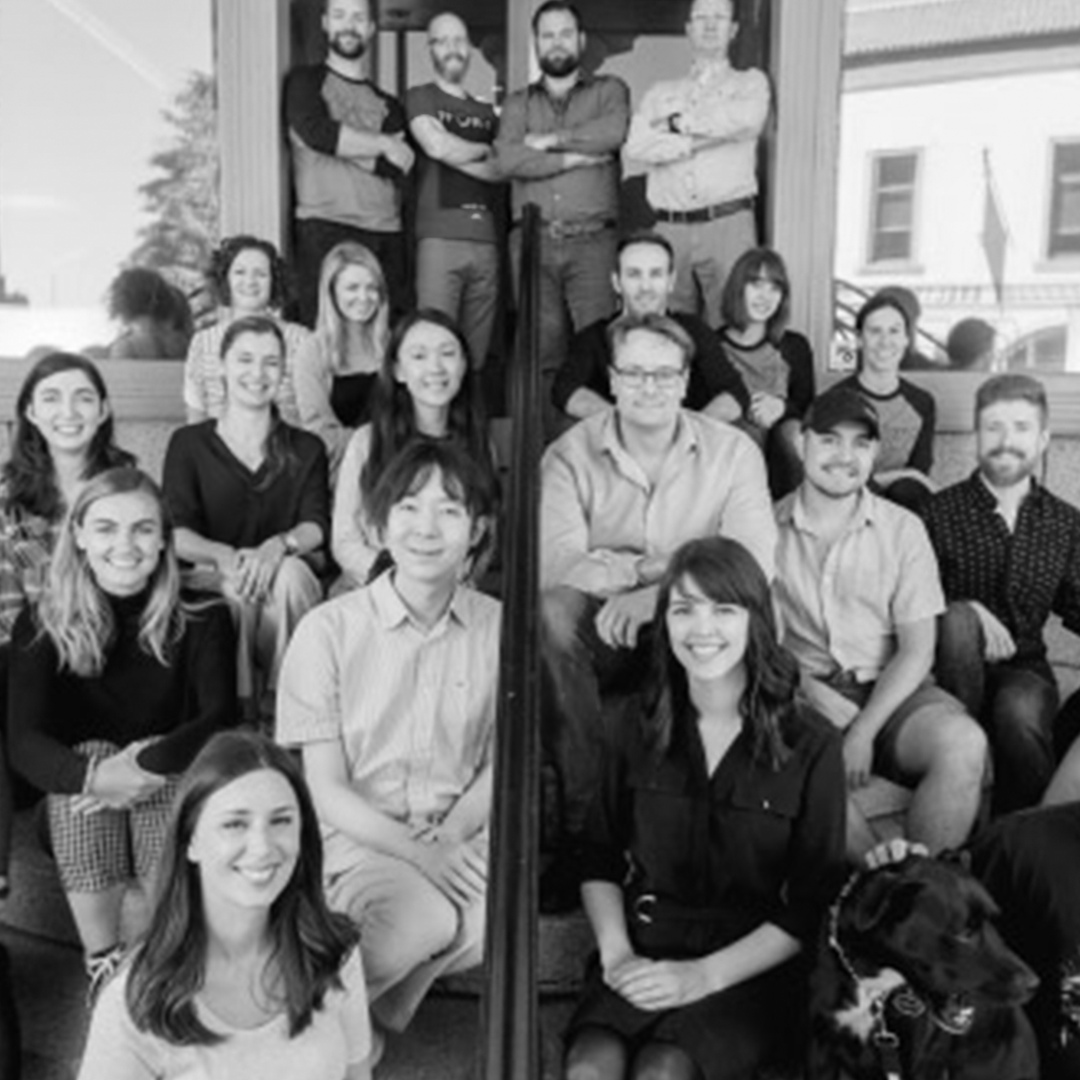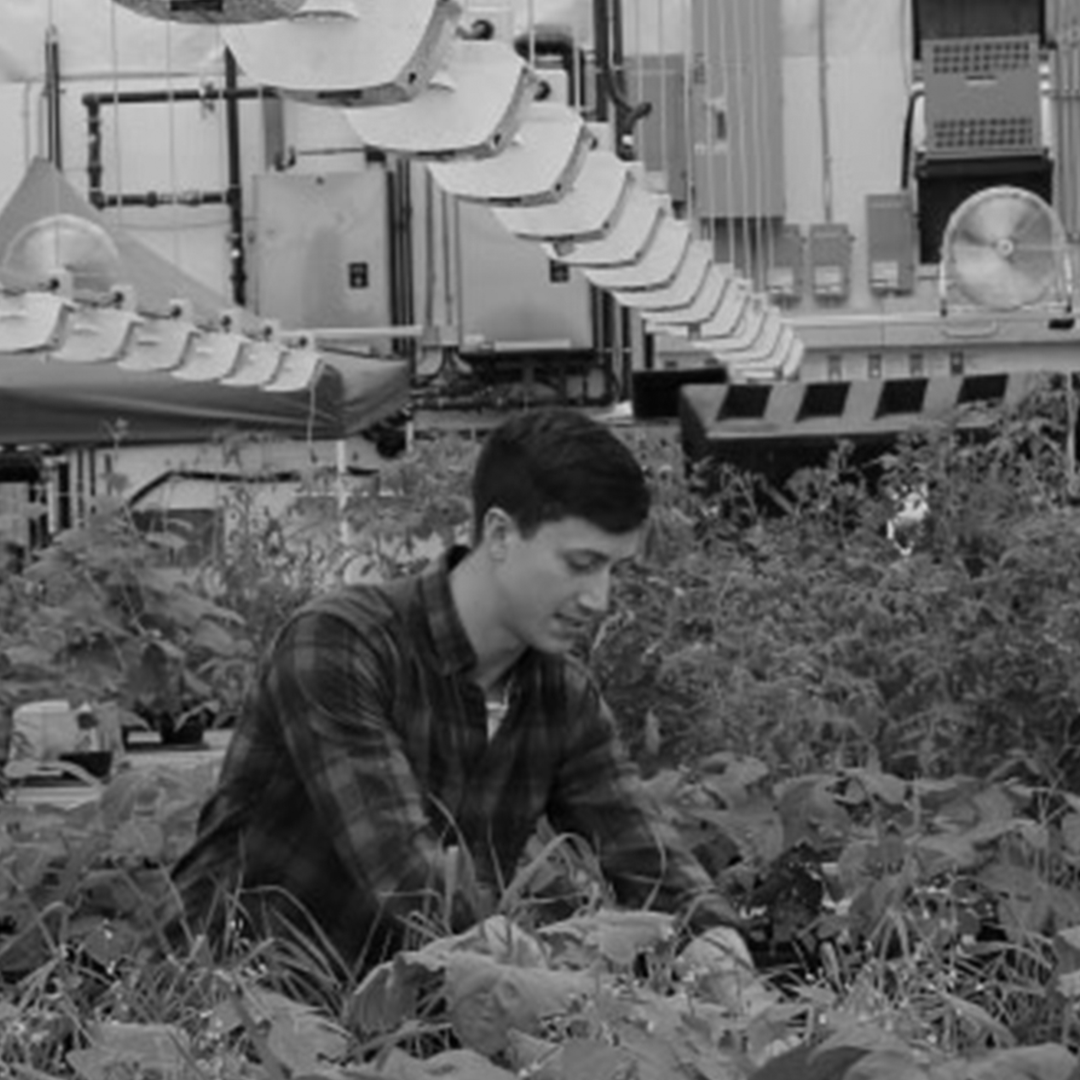
Ignite
Need help to commercialize your research? Teams of academia and industry working on projects in the areas of natural resources, applied sciences and engineering can receive up to $300,000 for research and development.
The Ignite Program is undergoing a refresh – stay tuned! Updated details about the program will be shared here once available.
More Information
- The project supports the research and development of a new, innovative technology that solves an industry problem in the natural resources, engineering or applied sciences.
- The project is a collaboration between a B.C. based industry and academic partner, with majority of the project work occurring in B.C.
- The project partners must be in agreement regarding IP ownership.
- The innovation is at a minimum of Technology Readiness Level (TRL) of 3, as defined by Innovation, Science and Economic Development Canada.
- The project has strong market potential, with at least one letter of support to demonstrate potential market impact and/or benefits to B.C.
- The innovation must have a strong research and commercialization plan, with the aim of achieving commercialization (ie. revenue, customers, etc.) within 3 years of the project start date.
- The project must secure matching funds from industry or government sources at a ratio of 2:1 matching dollars. ($1 Ignite funds matched by applicants with $2 dollars from other sources)
- Application deadline: July 8, 2024
- Deadline for invited applicants to submit their full proposal: September 16, 2024
- Anticipated notice of decision: December 2024
- Anticipated start of funding: Early 2025
- Go through the Eligibility Checklist.
- Submit an application.
- Qualified applicants will be invited to submit a full proposal.
Program Guidelines
Past Winning Projects
FAQ
You can request up to $300,000. Funding is paid in annual instalments of approximately equal amounts, following submission of annual reports.
Projects must secure matching funds from industry or government sources at a ratio of 2:1 ($1 Ignite funds matched by $2 project funds from other sources).
Sources of Matching Funds
Up to 50% of matching funds can be from grants or awards from government, institutional and non-profit sources; and up to 50% of matching funds can be in-kind contributions. For example:
Ignite Funding Request:
$300,000
Matching Fund Breakdown:
$150,000 Industry Cash
$100,000 Industry In-Kind Contributions (eg. technical staff salary, equipment)
$50,000 Academic In-Kind Contributions (eg. lab access, materials)
$300,000 Government Cash (eg. NSERC, NRC IRAP, Mitacs)
= $600,000
Eligibility: This project budget meets the 2:1 matching requirement, with 50% from government grants/awards, and 25% from in-kind contributions.
Matching funds do not need to be fully confirmed at the application stage, but all full proposal submissions will require proof of committed matching funds to ensure good financial standing.
Yes. However, the majority of your company’s revenue must come from sales — not government aid.
No, this funding does not cover retroactive expenses prior to the start date indicated in your application.
Research and development expenditures. Eligible costs include but are not limited to:
- Salaries/stipends
- Materials, supplies and equipment (e.g. prototyping, scale-up, product refinement, validation studies, etc.)
- Activities related to technology transfer and commercialization (e.g. sharing of patenting and licensing fees with university, consulting fees for IP strategy, etc.)
- Travel and accommodation for collaborative purposes
- Indirect administrative costs (e.g. university overhead)
The partnership must have at least one academic partner and one industry partner. The majority of your partners must be based in B.C. and be able to exploit the research results in B.C.
Organizations must be registered in B.C. and have a significant presence in the province. Multinationals may be eligible if they have project-related commercial activities that take place in B.C.
Partners from outside the province or country are welcome, provided:
- the majority of the team is from B.C.,
- that an eligible B.C. organization maintains a leading role throughout the project,
- results will be exploited in B.C., and
- the contributions of non-B.C. members are clearly demonstrated.
Yes, thanks to our close collaboration with Mitacs. If interested, please reach out to Business Development Specialist, Marcelo Mora.
Partners are responsible for ensuring IP arrangements are in order and agreed to by all members before applying. At time of full proposal, applicants are required to submit any existing or pending agreements between primary project partners to indicate that all partners have discussed and agreed on project terms, including scope, confidentiality, IP ownership and other rights.
Ignite is a competitive process. Approximately 40% of applicants are invited to submit a full proposal and 30-40% of proposals are awarded funding. However, this varies on the number and quality of applications received.
Yes, but Ignite funds cannot be used retroactively.
Yes, as long as you meet the application criteria. We also recommend you be able to demonstrate strong financial, managerial and strategic business capability to bring the innovation to market.
Yes, but you must apply with a different project.
Partnership may be formal or informal but there must be a clearly defined collaboration between the academic and industry partners before applying.
Commercialization of a technology is considered to have occurred when a customer purchases a technology product. Successful commercialization occurs when an identified ‘problem’ is solved. These problems are identified by industry or the marketplace. Commercialization is the process or cycle of introducing a new product or production method into the market. The technology must get through the prototype phase and be reasonably scalable to be considered to have the potential to be commercial. Therefore, the development part of research and development requires time and money as systems are engineered that will make the product or method a valuable commercial proposition. Having a market that demands the product is critical. Companies that are commercializing need to access these markets to find early adopters who are demanding solutions or tolerant of trying innovative technologies with their inherent risks.
We know a lot about making molecules, but nothing whatsoever about commercialization. The academic and industry partnership is vital if we are going to get this new discovery out in the world for people to use.

Dr. Jeremy Wulff
Professor of Organic Chemistry, University of Victoria
The Ignite funds were used to secure in excess of $800,000 in direct research funds from other organizations and played a role in attracting significant venture funding to advance our technology’s commercialization.

Dr. Nelson Mora
CTO, Jetti Resources
Success Stories
Since the program started in 2016, $12.2M has been awarded to 52 projects.




